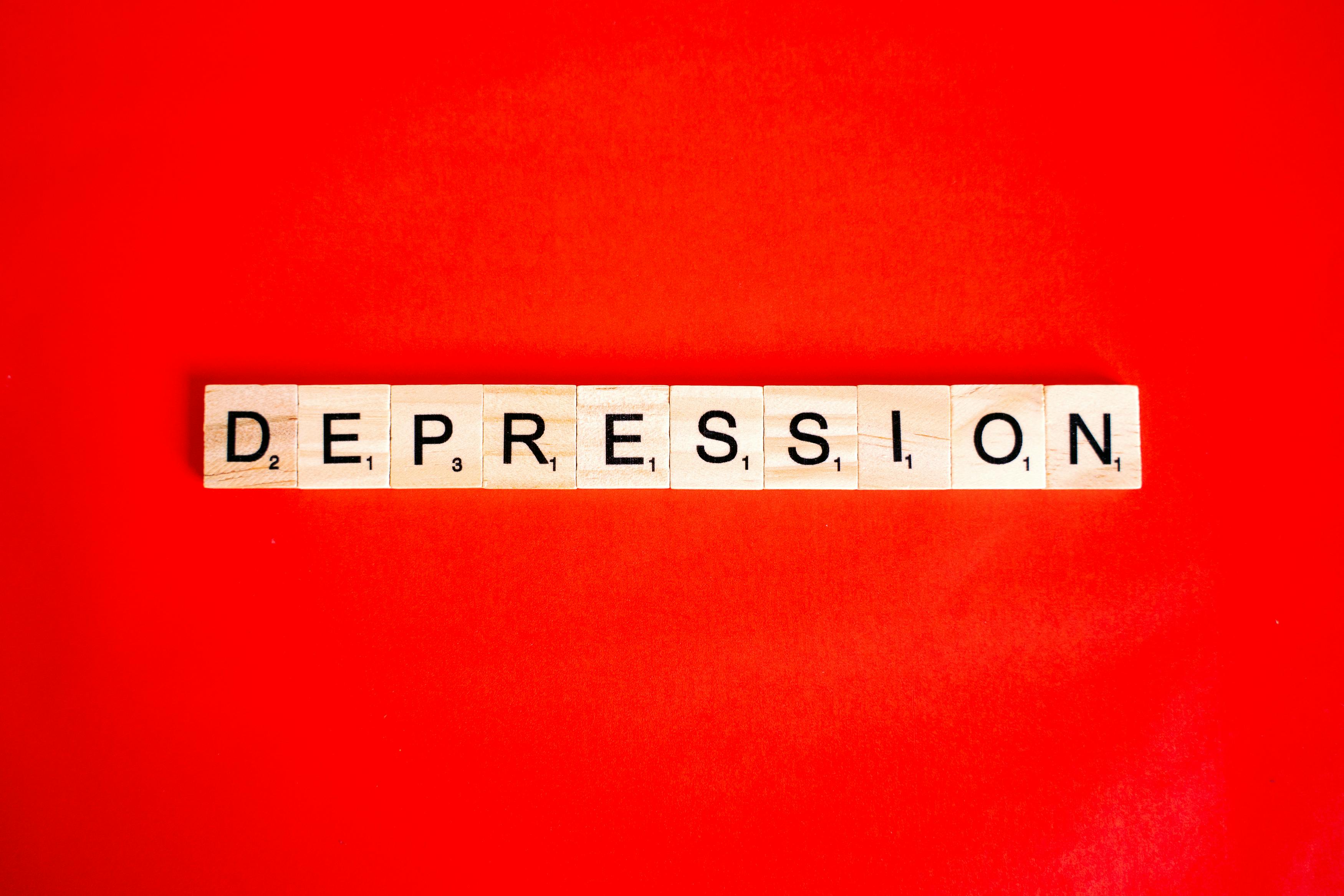Childhood trauma isn’t just a story from the past; it’s an echo that can shape who we are well into adulthood. Be it from neglect, abuse, or other painful experiences, such trauma impacts how we see ourselves and interact with others. If you’re a Gen Z or Millennial woman on the quest for some science-backed self-help, addressing childhood trauma might be your golden ticket to better mental health. So, let’s chat about seven key steps that can help you reclaim your life.
Table of Contents
- Admit the Trauma
- Get Professional Assistance
- Embrace Mindfulness and Meditation
- Create a Support Network
- Engage in Creative Expression
- Prioritize Physical Wellbeing
- Establish Healthy Boundaries
- Wrapping it Up
1. Admit the Trauma
First things first, admitting that trauma is part of your story is vital. Sounds easy? It’s not always. People often downplay their experiences. But truth time: Around 60% of adults have gone through abuse or tough family situations during their childhood (thank you, National Institute of Mental Health, for that reality check). Allowing yourself to accept those experiences—without judging them—is the gateway to healing.
2. Get Professional Assistance
You wouldn’t hike up a mountain without a map, right? The same goes for tackling trauma. Therapists pro in cognitive-behavioral therapy (CBT) or trauma-informed therapy can be your guide. Check out the Journal of Clinical Psychology for some evidence—they say CBT really helps squash PTSD and depression symptoms. Therapy offers a judgment-free arena to explore your feelings and dig into the memories that hold you back.
3. Embrace Mindfulness and Meditation
Ever tried mindfulness or meditation? These practices can be lifesavers when it comes to dealing with stress from trauma. The Psychological Bulletin did a deep dive and found mindfulness can help reduce stress and keep emotions in check. Techniques like body scanning or simply focusing on your breath keep you anchored to the present—snapping the power past traumas have over you.
4. Create a Support Network
Here’s the thing: having a solid crew around you can change everything. Whether it’s friends, family, or even a support group, these people offer much-needed validation as you heal. The American Psychological Association backs this up, tying social support to lower stress and better mental health. So, lean on those who offer kindness and an open ear—it really does take a village.
5. Engage in Creative Expression
Pick up a brush, pen, or guitar—time to express yourself. Art, music, or writing can be therapeutic ways to work through trauma. The American Journal of Public Health gives two thumbs up here, noting that creative outlets boost emotional processing. By channeling your emotions through art, you find a release and possibly even a little bit of peace.
6. Prioritize Physical Wellbeing
If there’s one thing that’s intertwined with mental health, it’s physical health. Moving your body—whether it’s dancing, doing yoga, or simply walking—releases endorphins that elevate your mood. The folks at Harvard T.H. Chan School of Public Health have linked regular exercise to reduced symptoms of anxiety and depression. Find something you love and make it a habit.
7. Establish Healthy Boundaries
Let’s talk about boundaries. They’re essential for your self-esteem and to avoid more harm. Whether it’s saying “no” or limiting interactions that drain you, boundaries are empowering. The Journal of Personality and Social Psychology supports this, stressing how boundaries protect mental health. Think of them as your personal bubble—keep it intact.
Wrapping it Up
Healing from childhood trauma isn’t a quick fix; it’s a journey—a messy, beautiful path. By admitting the trauma, leaning on professionals, trying mindfulness, building a network, getting creative, staying active, and setting boundaries, you’re stepping towards a brighter future. Every tiny progress is a win, no matter how small it feels.
You aren’t walking this road alone. Plenty of folks have been there and discovered peace on the other side. Why wait? Start your healing path today by diving into mental wellness resources like those offered by Hapday.

